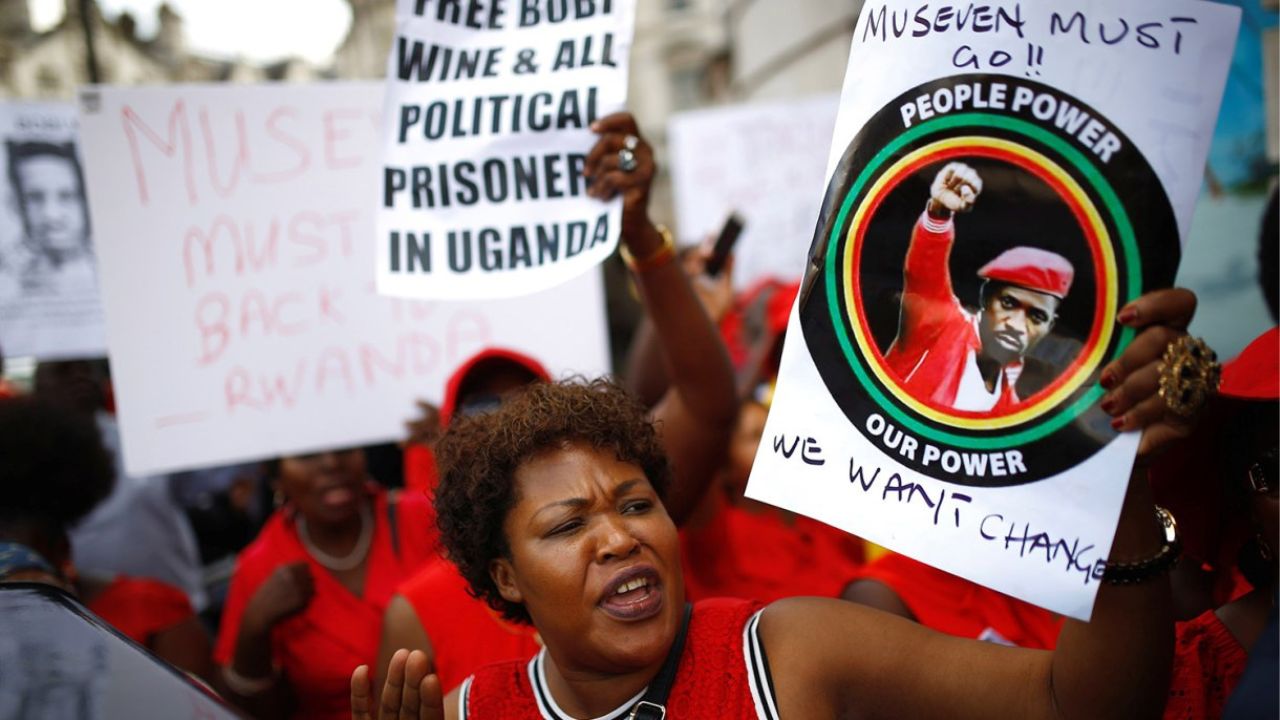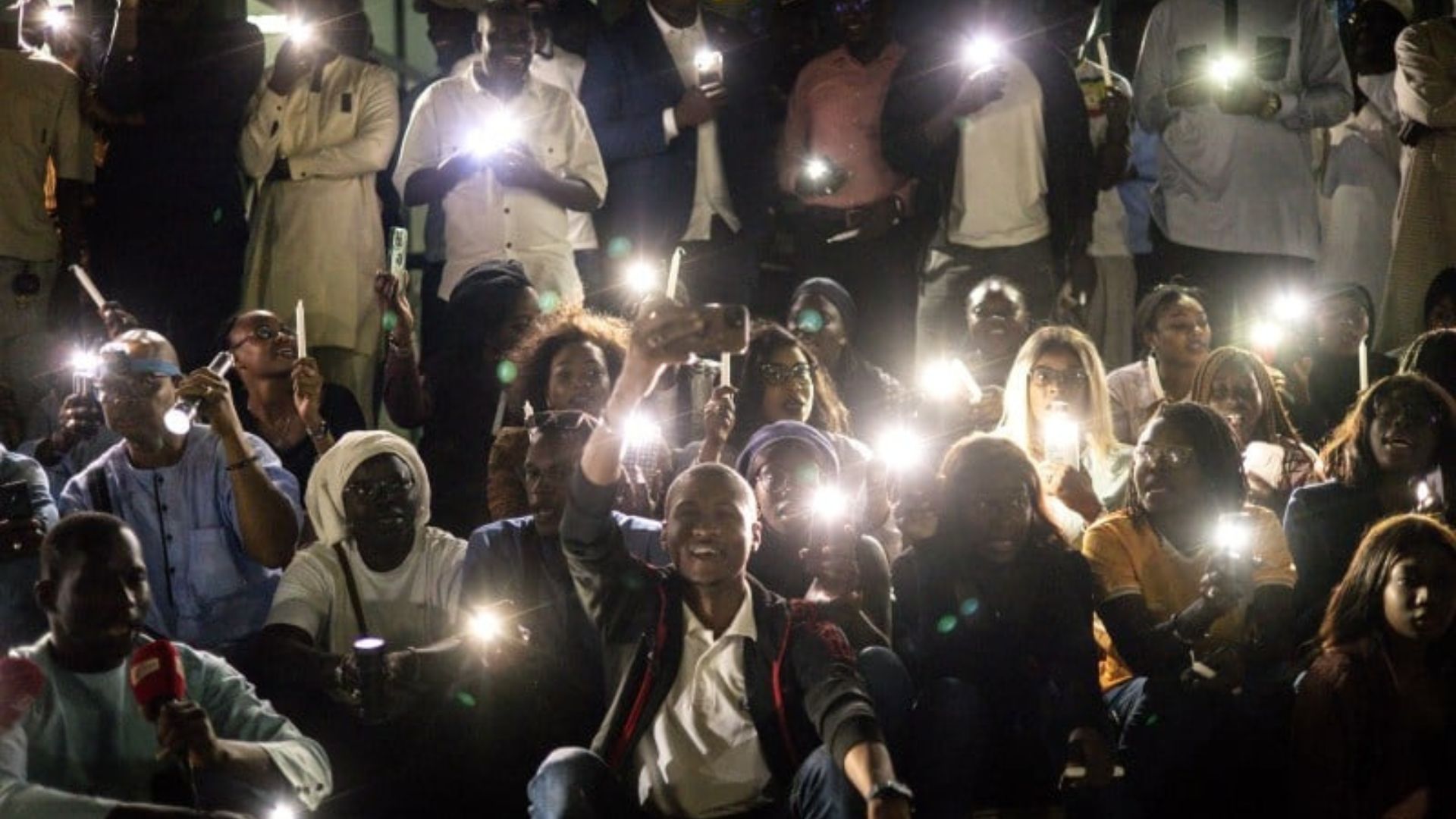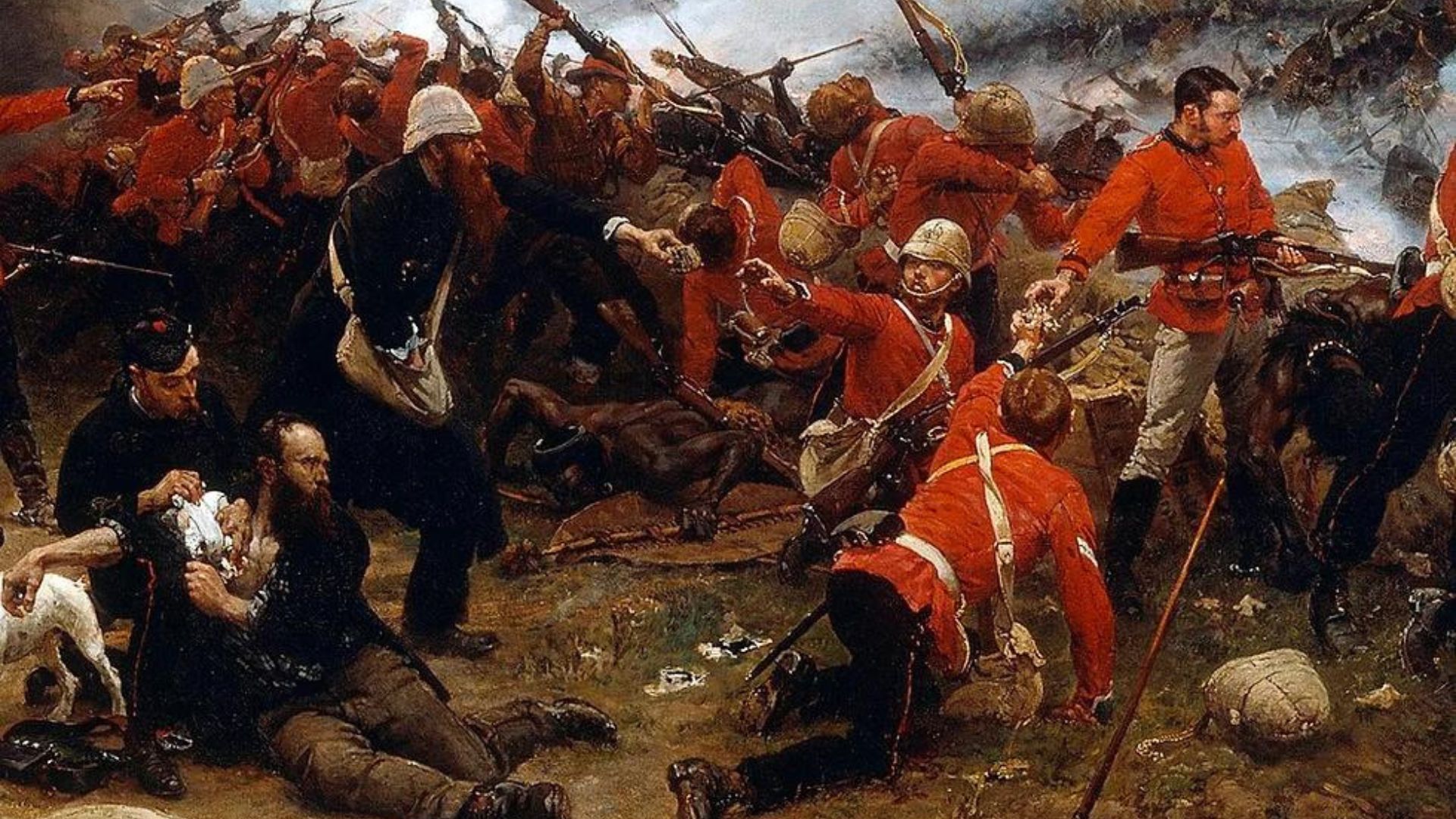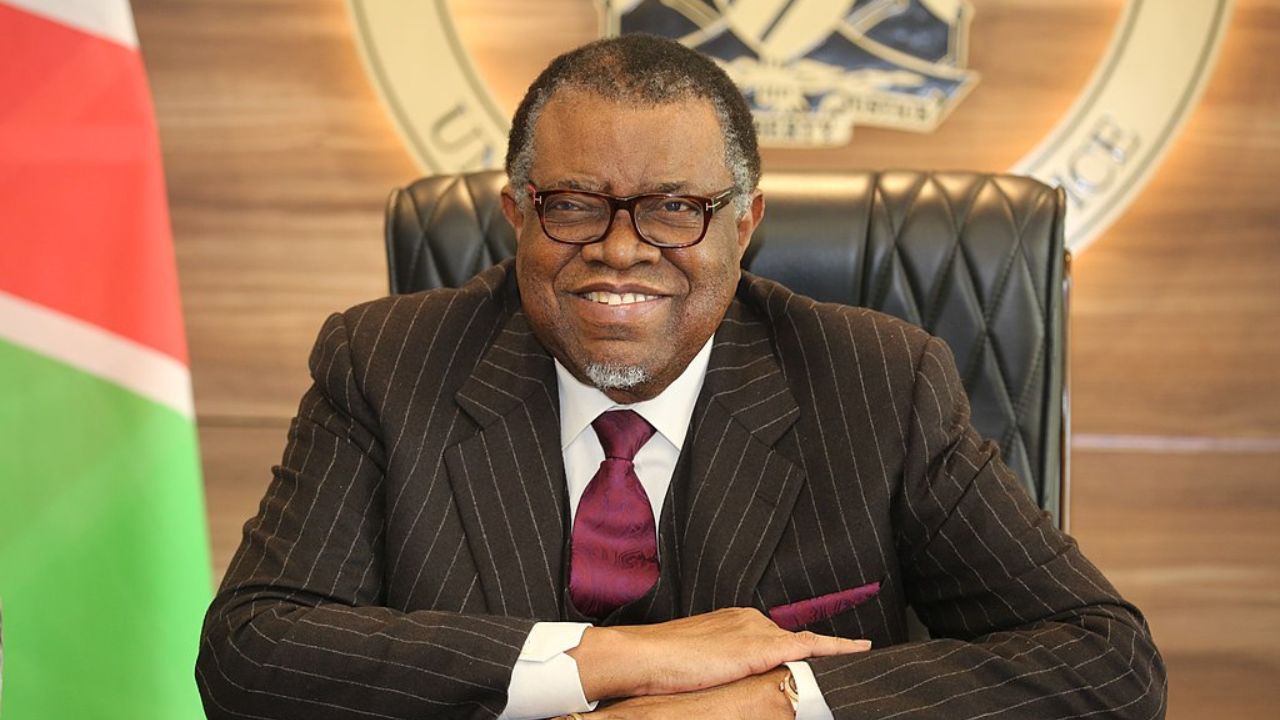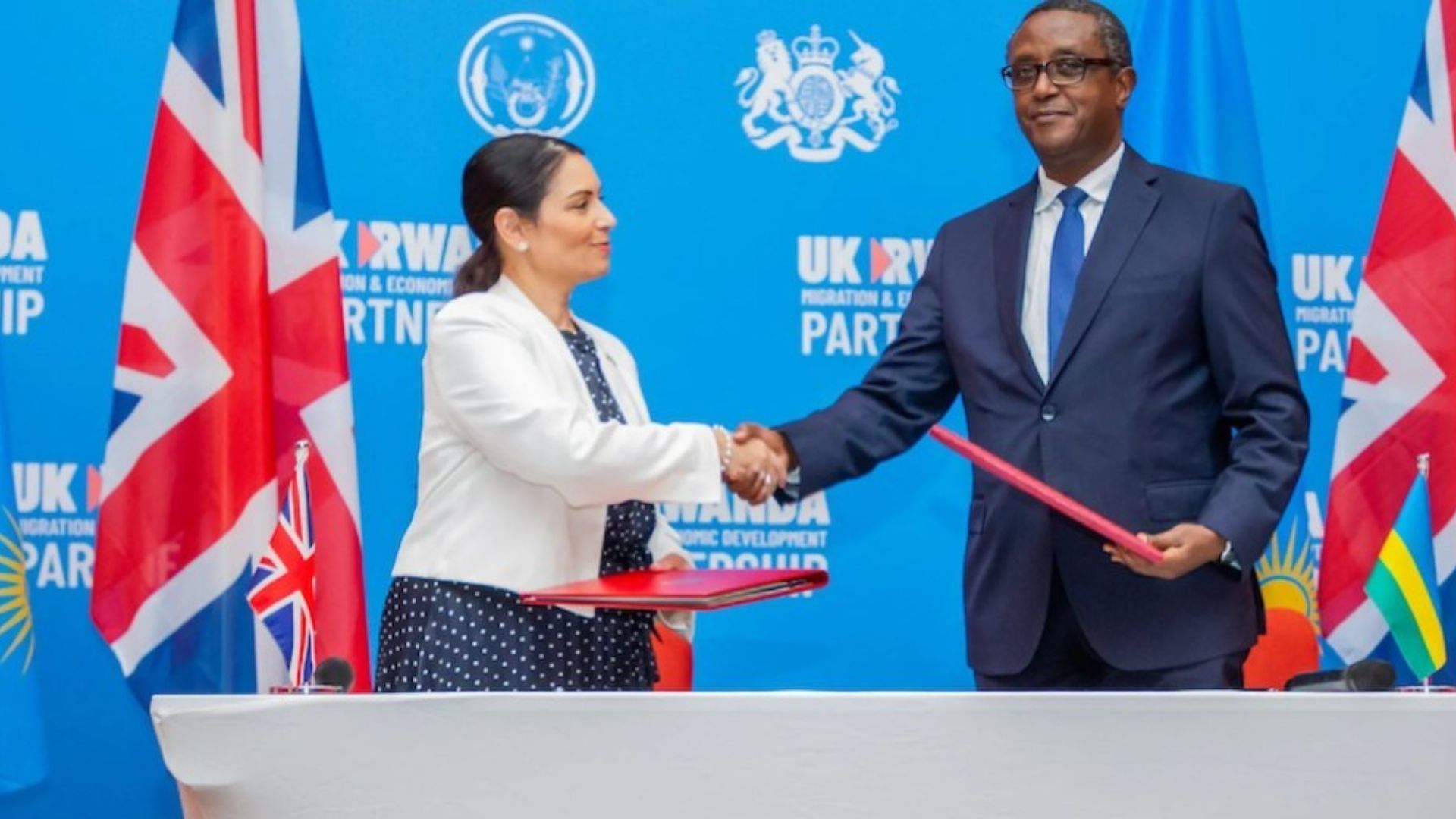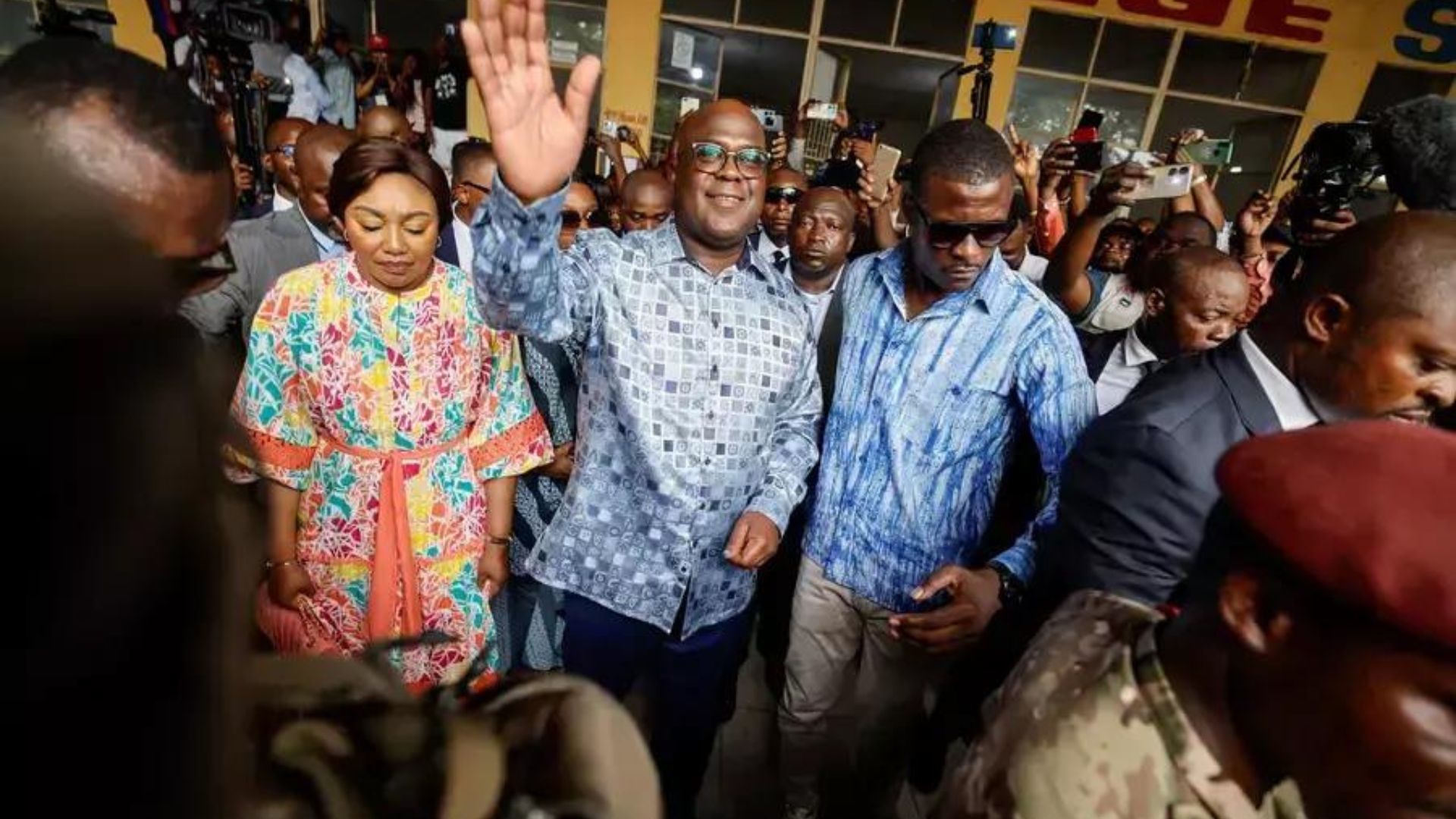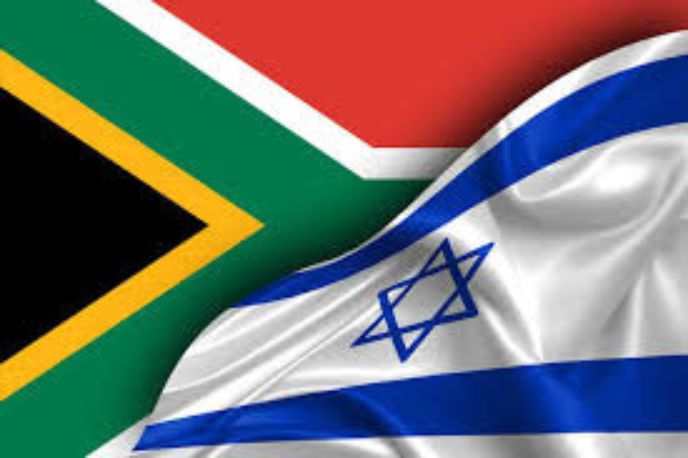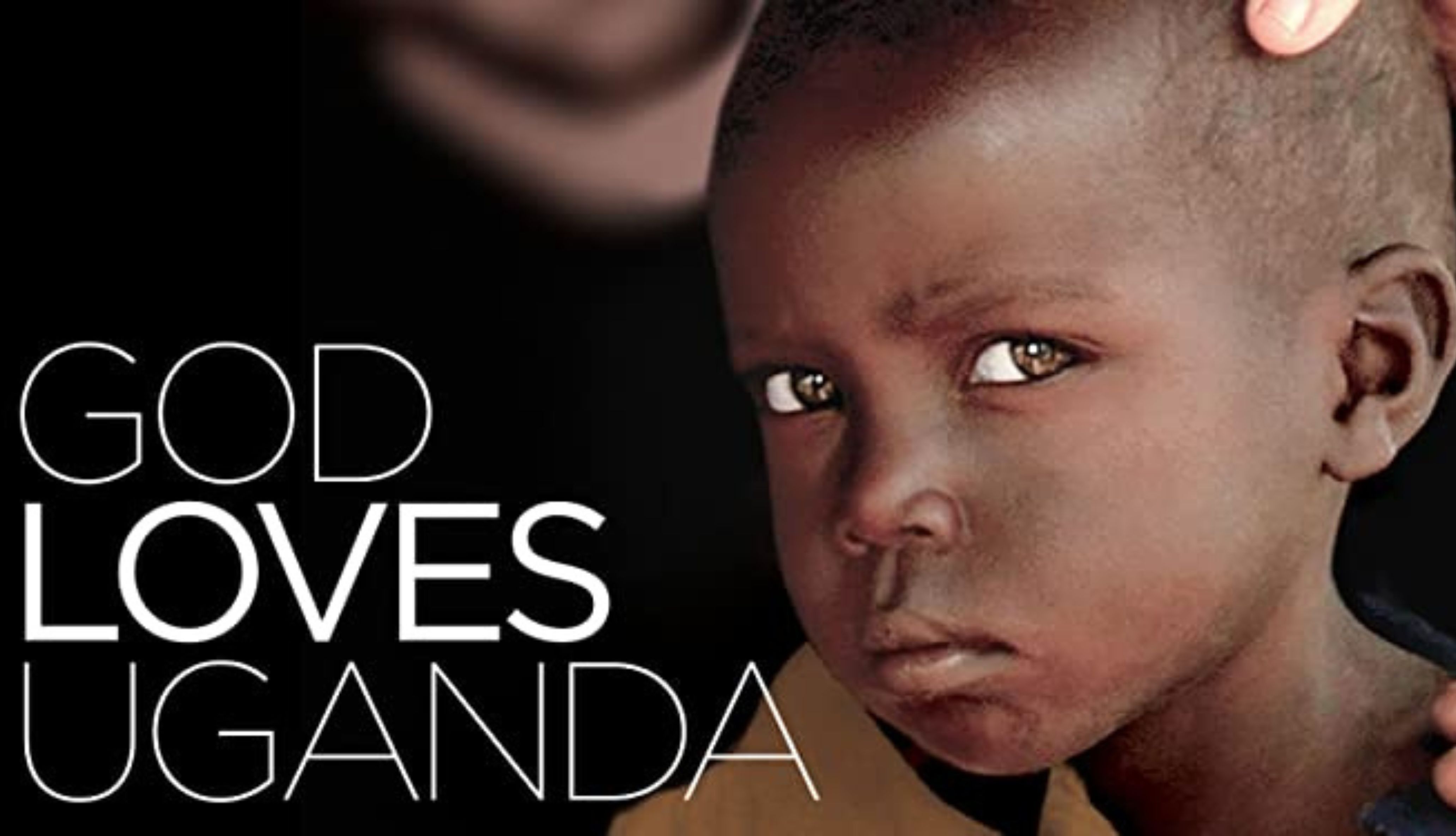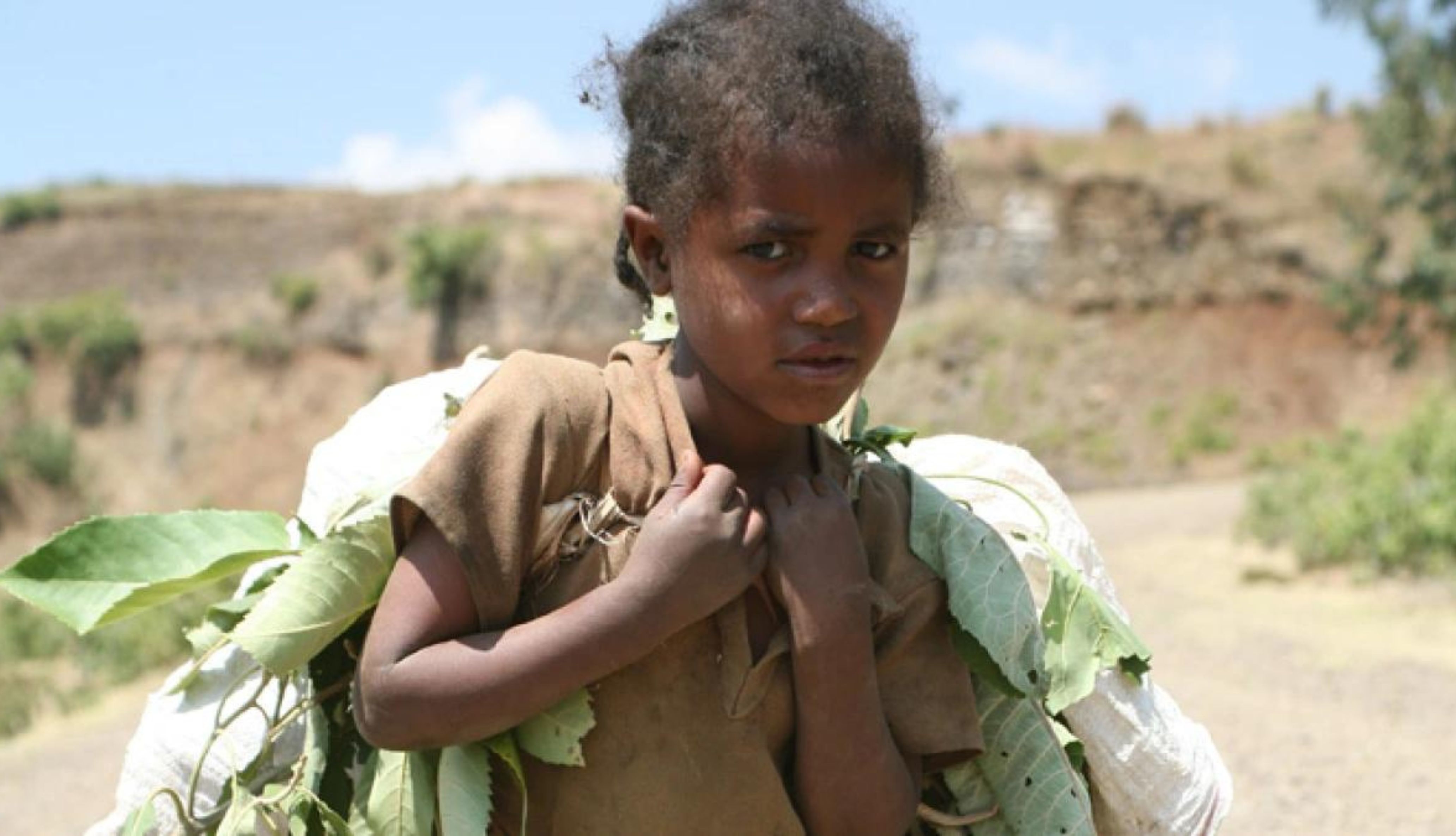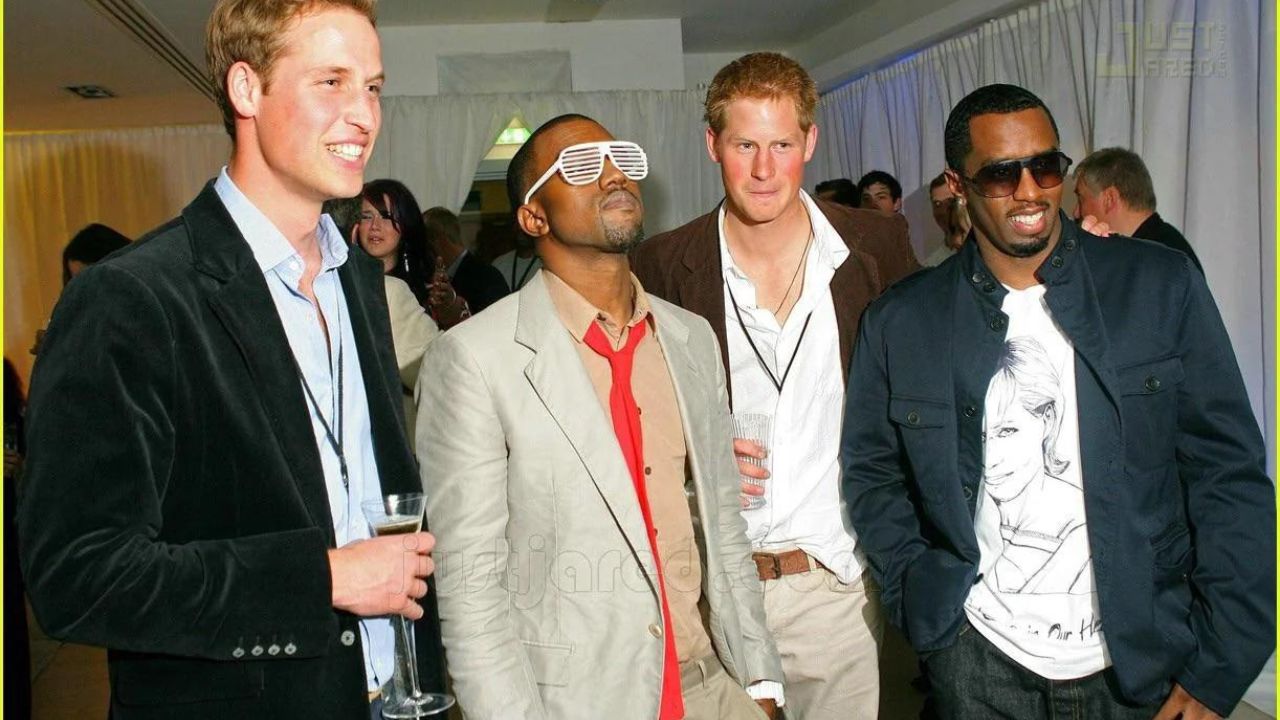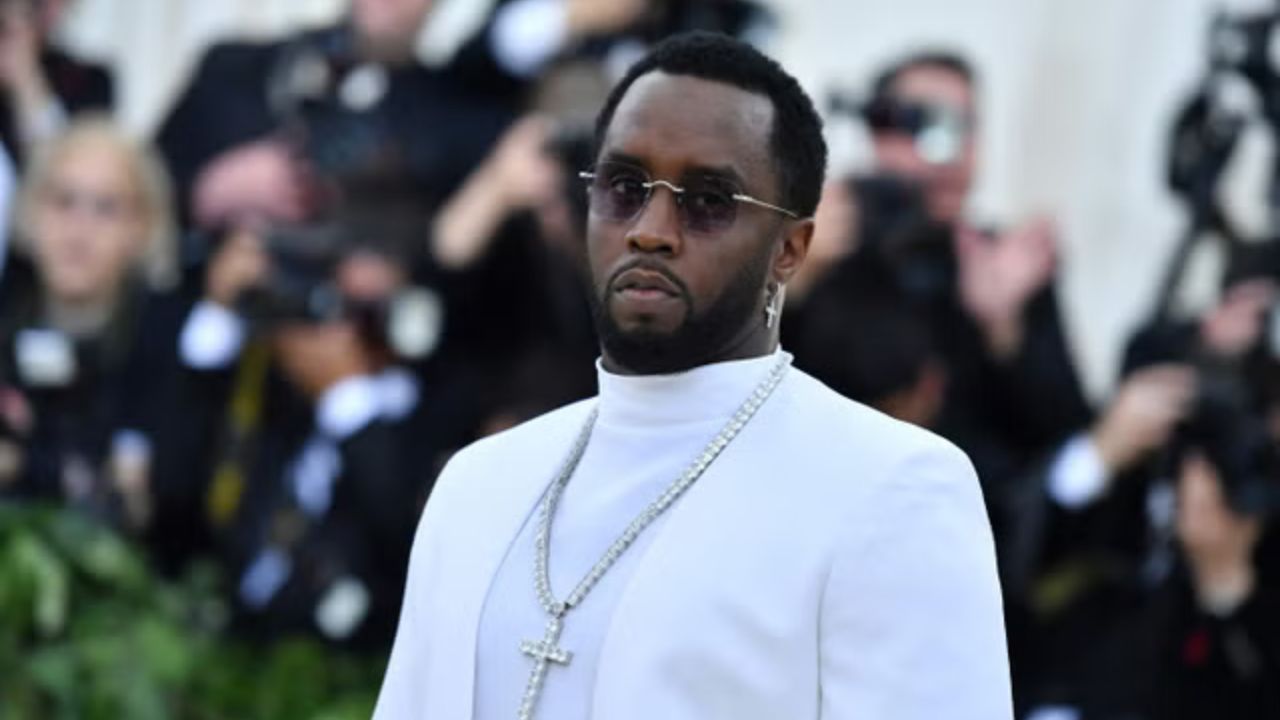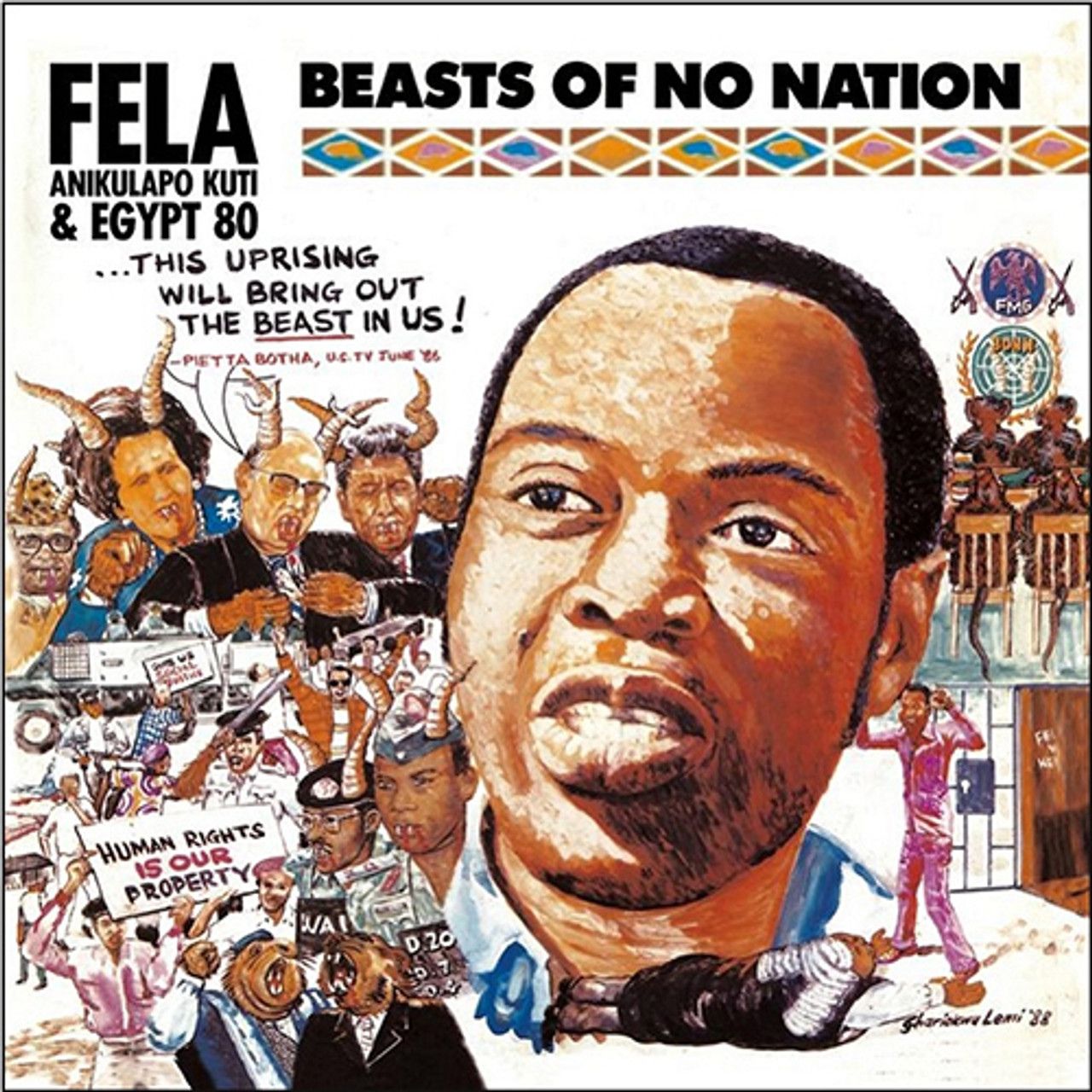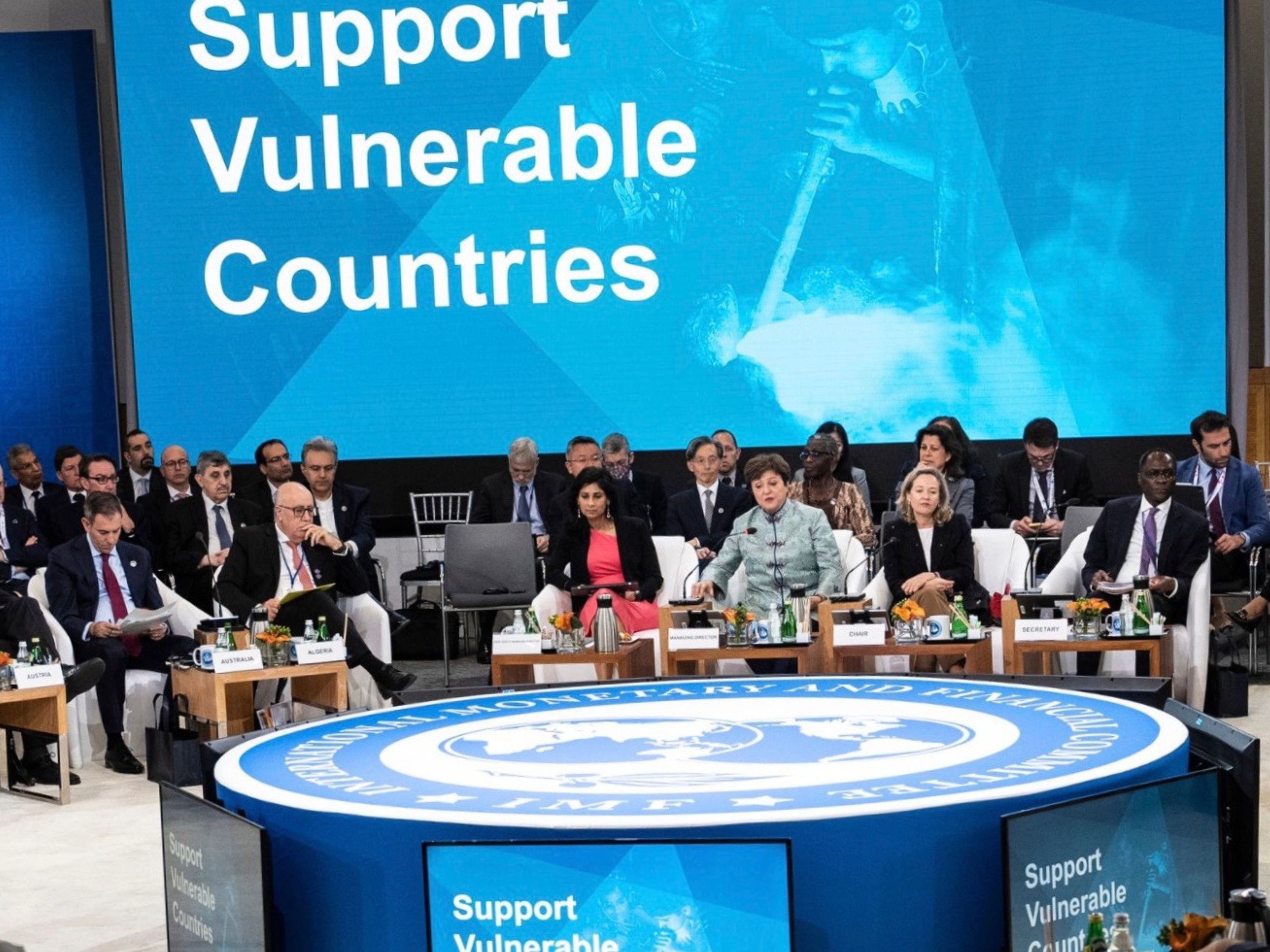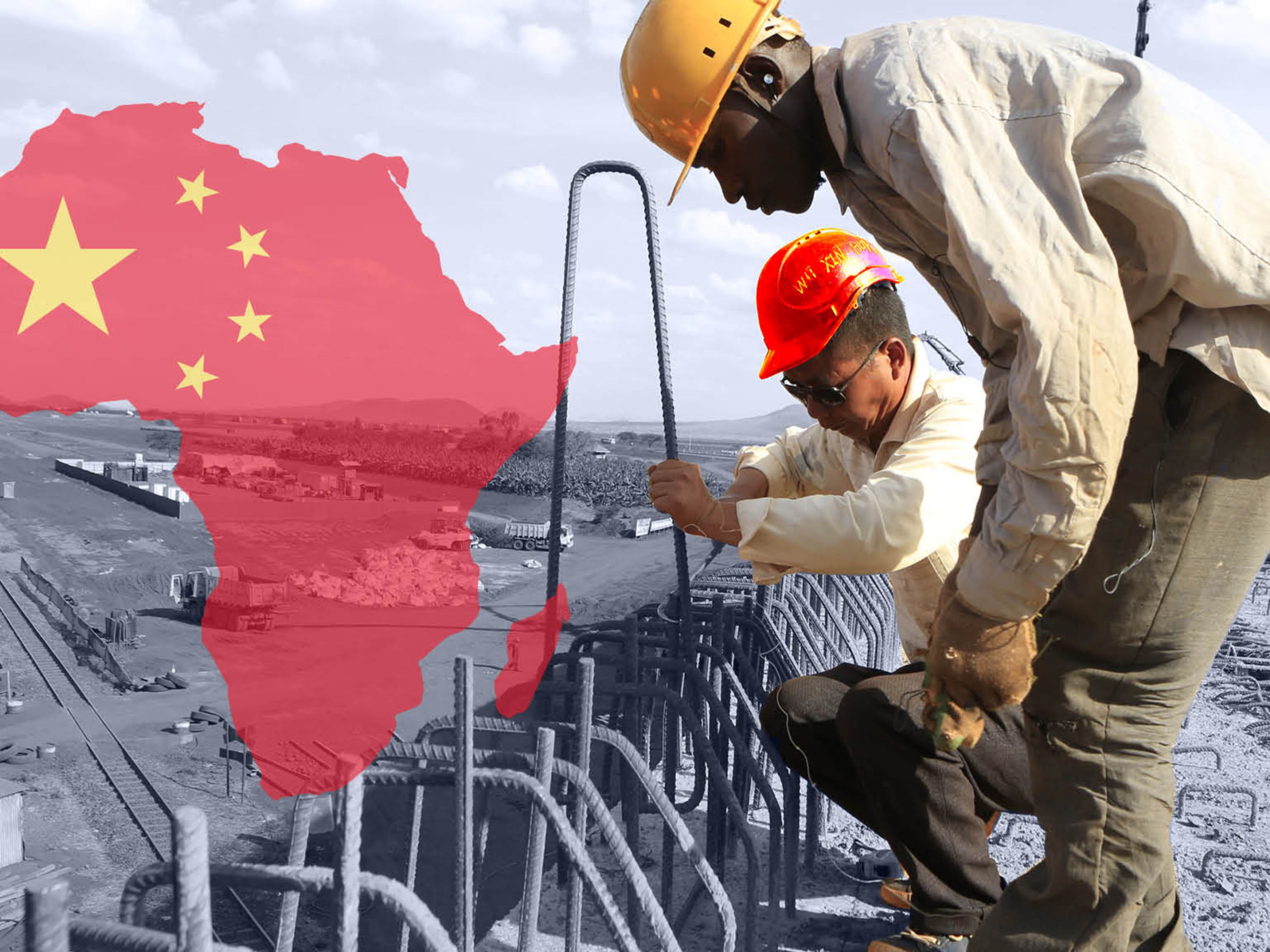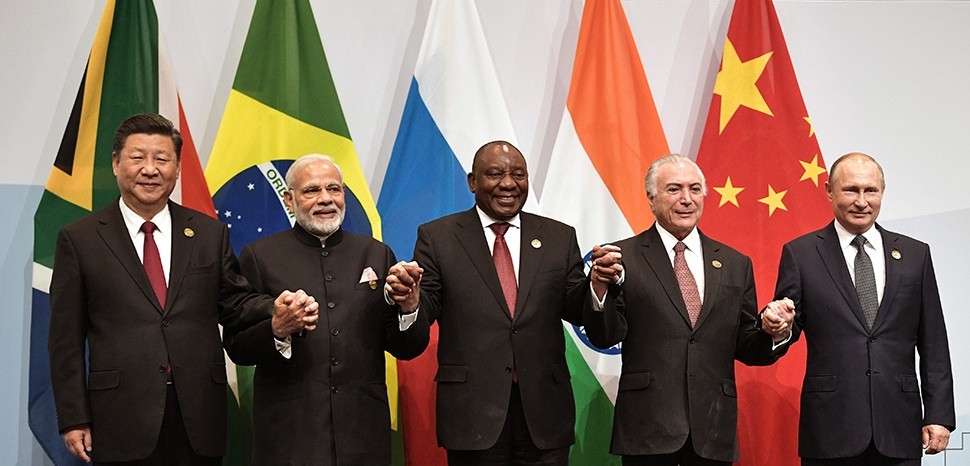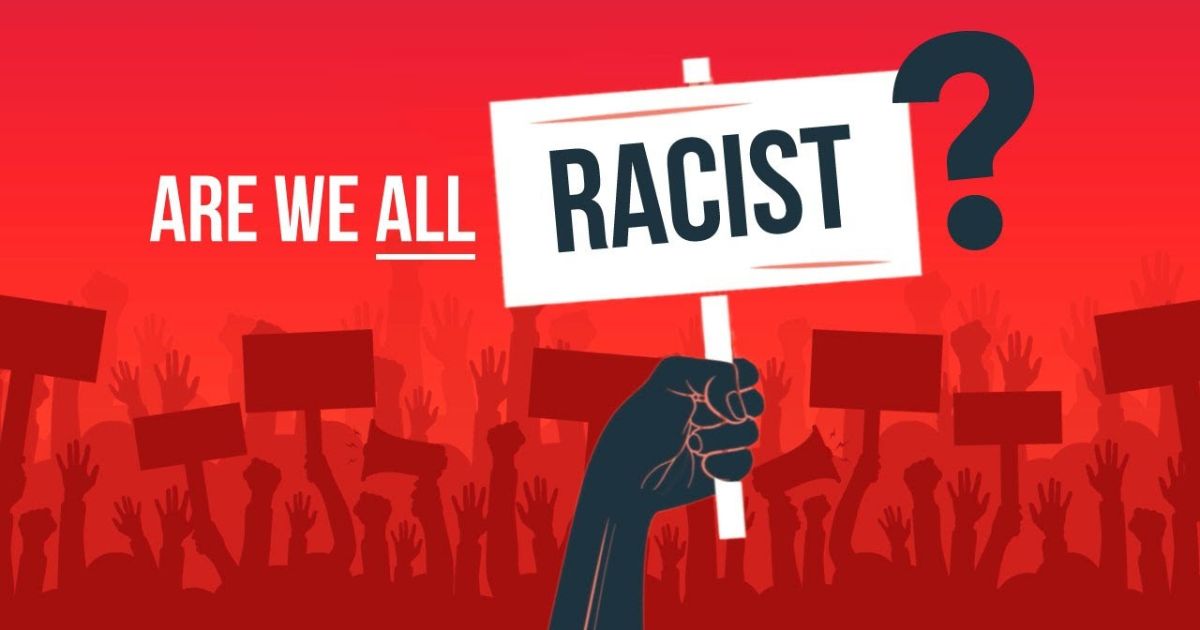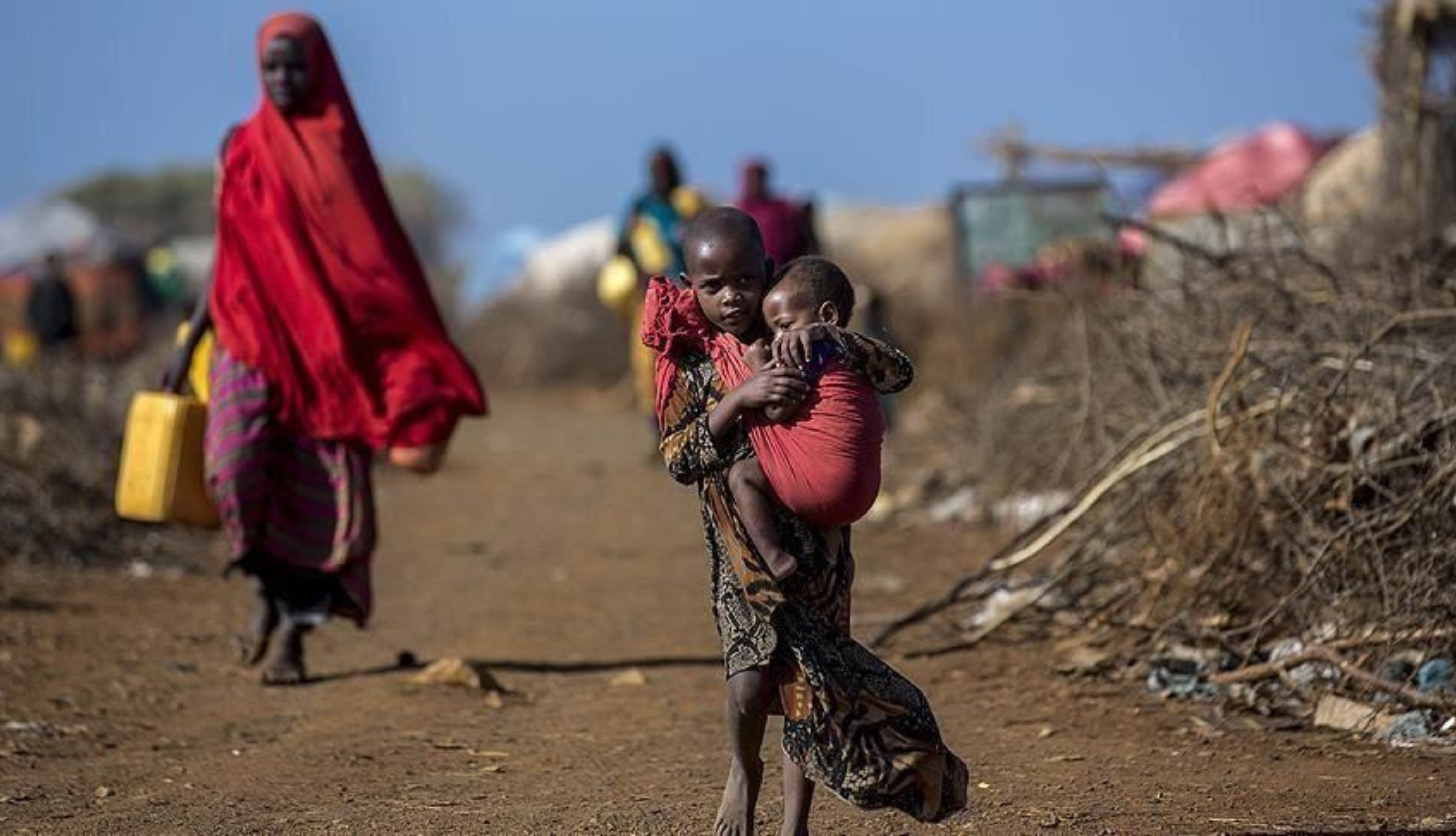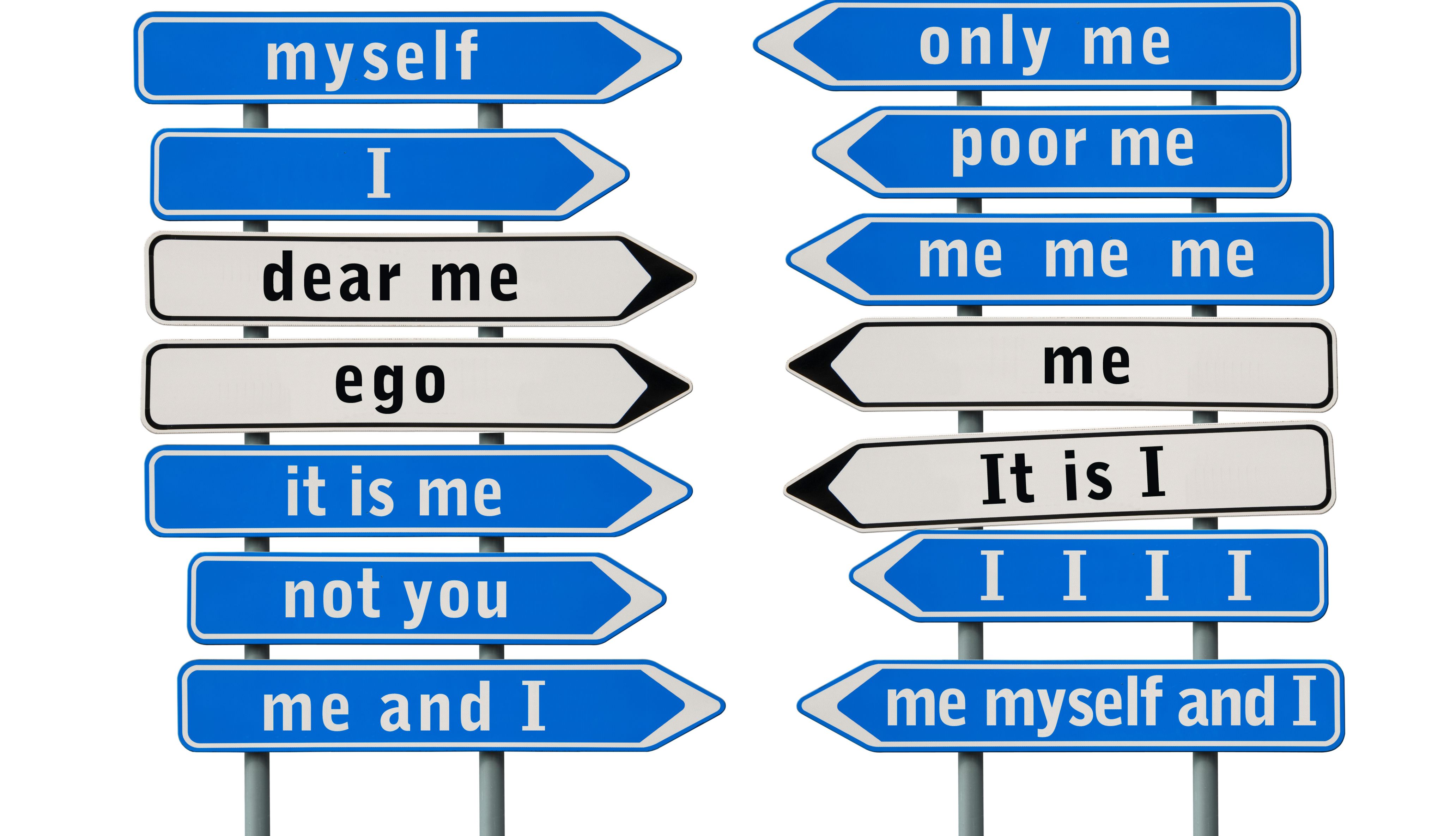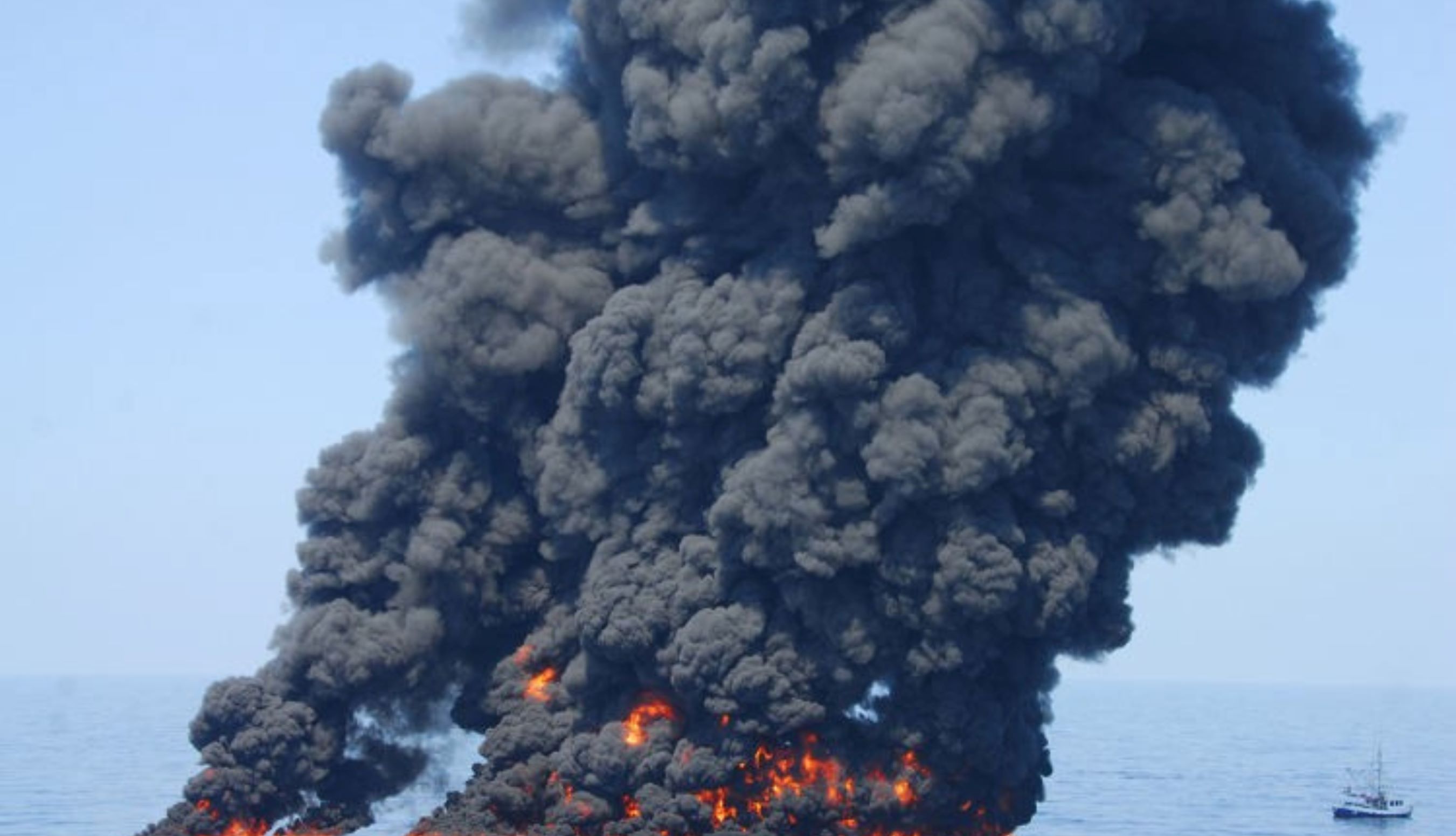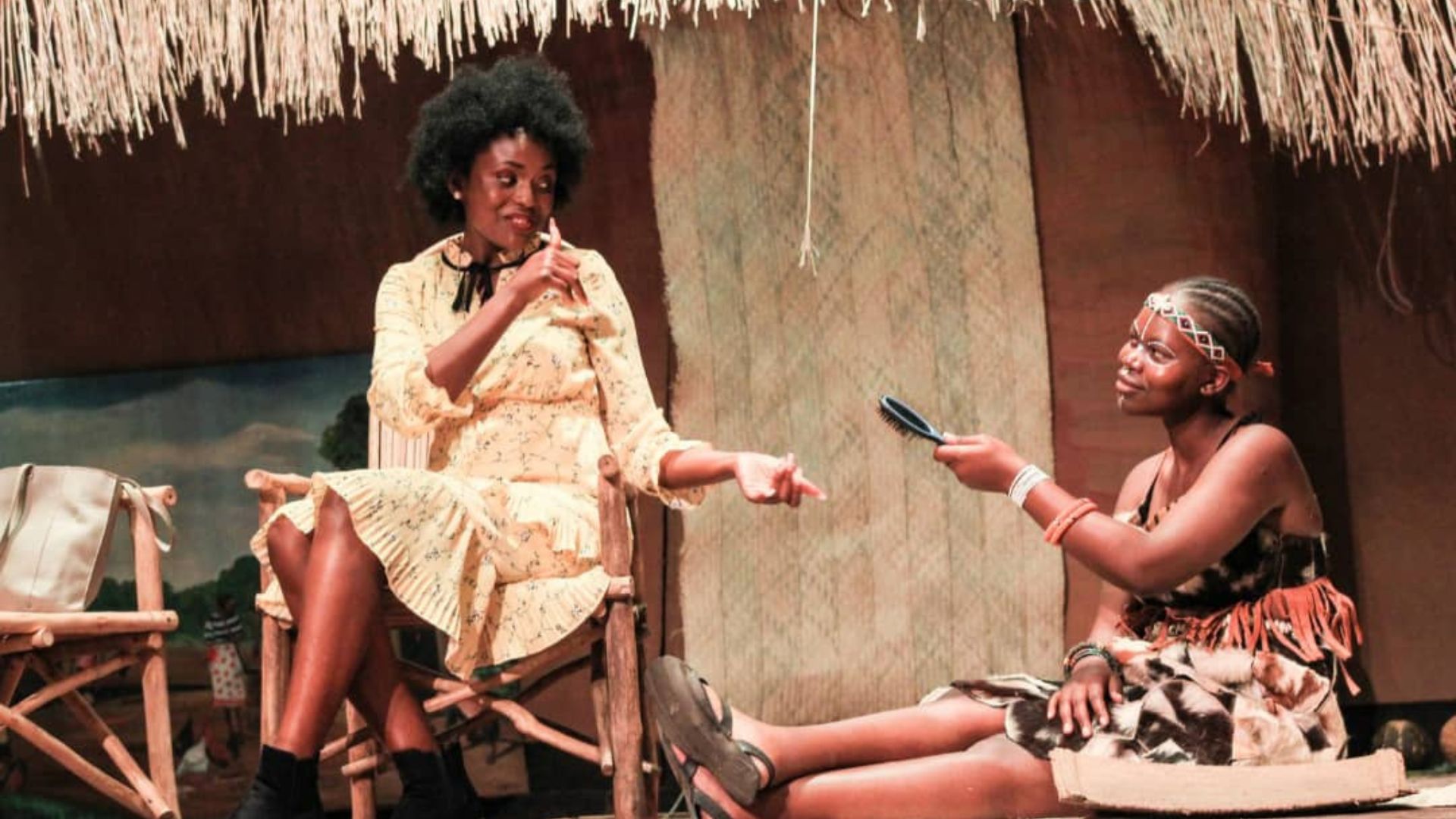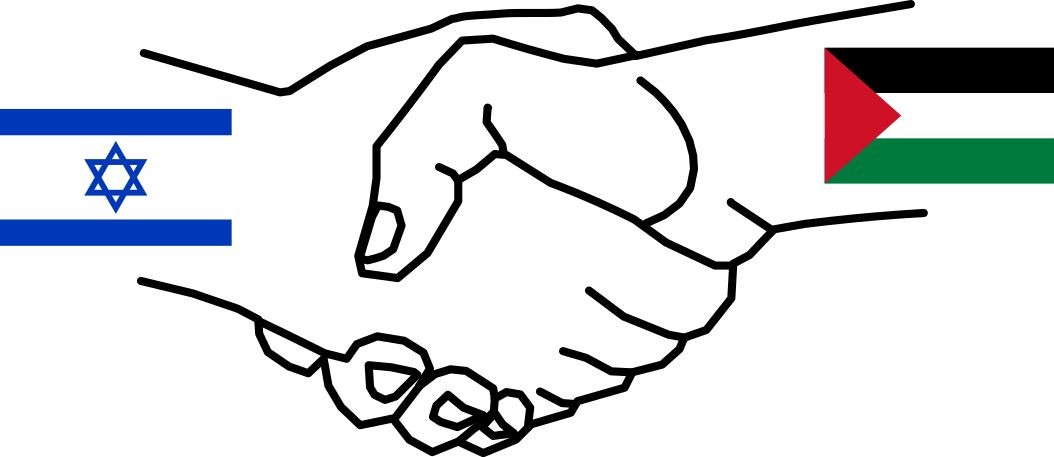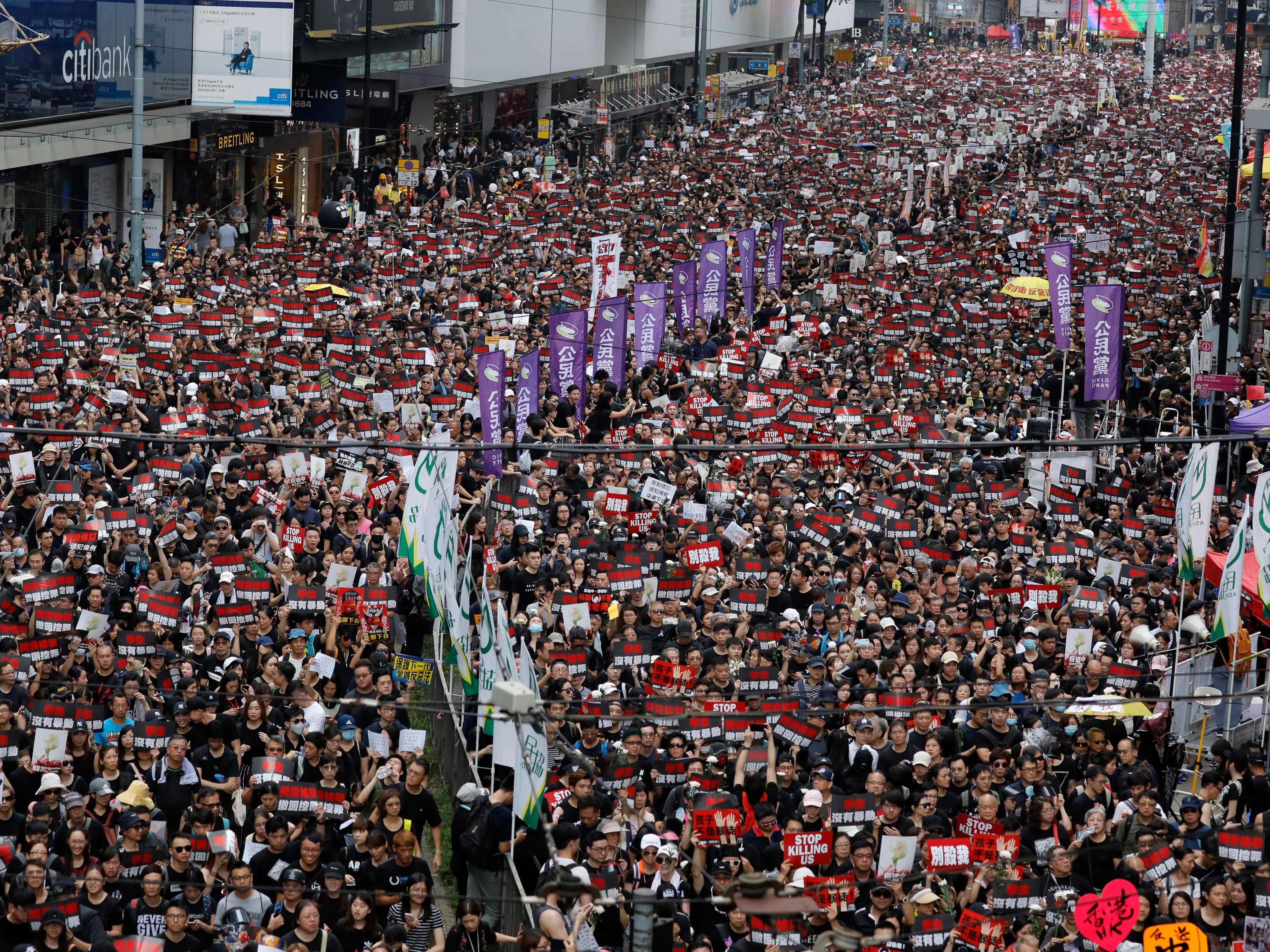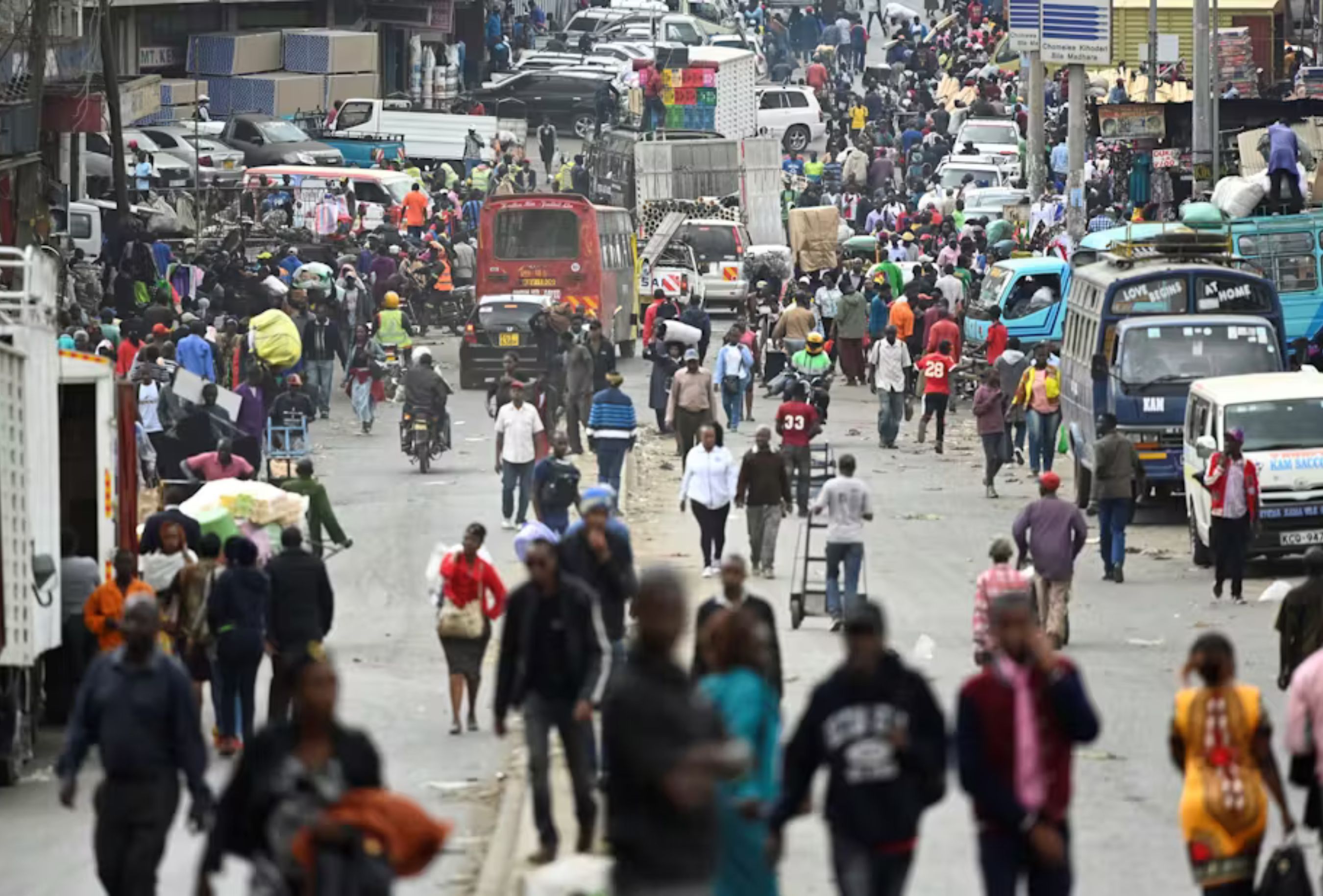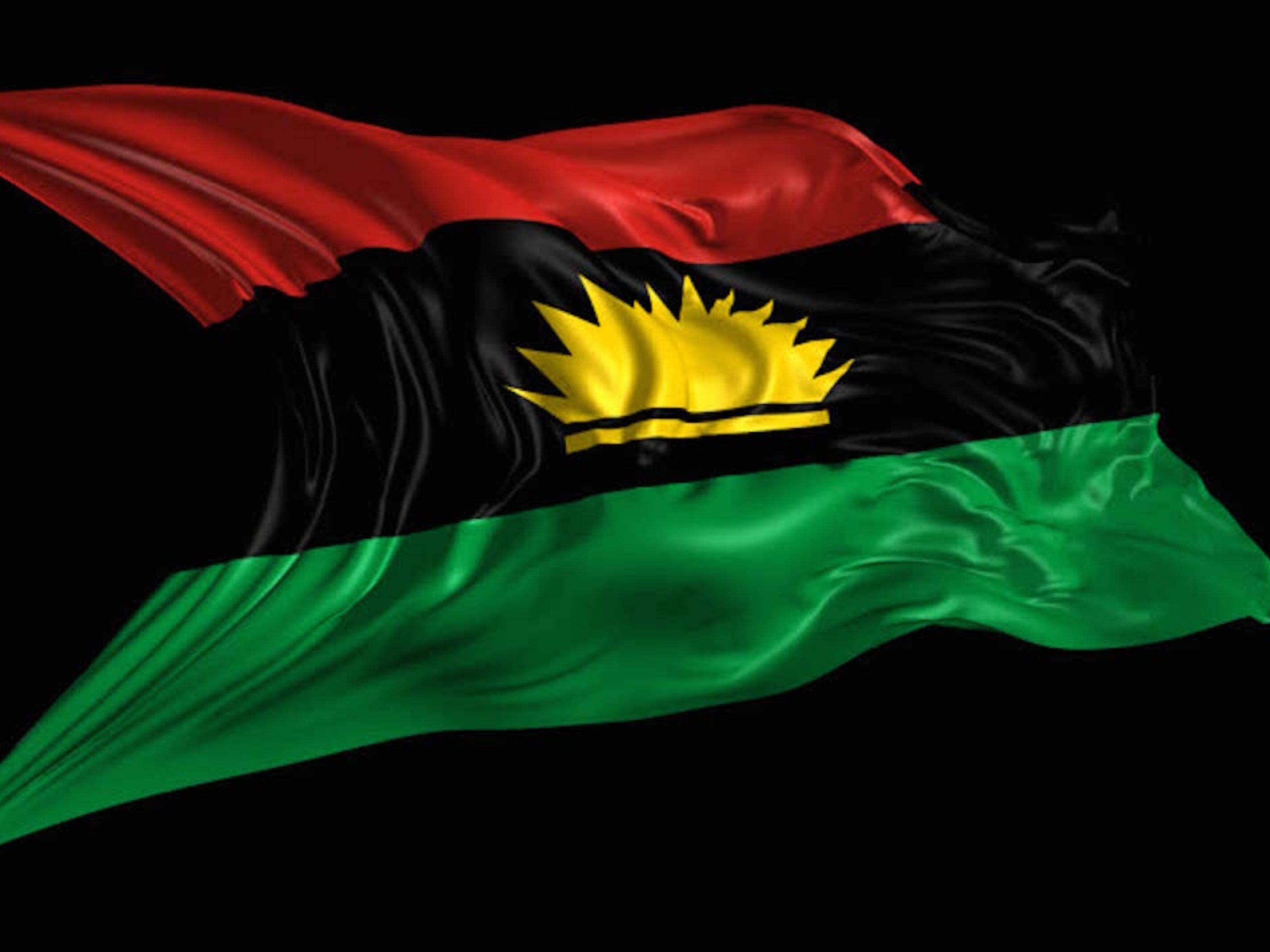The Uneasy Path of Development in Africa
Over the years, despite its vast natural resources, Africa’s development trajectory has been marked by numerous challenges. Factors such as leadership crisis and followership failure have been identified as primary obstacles to the continent’s growth. This troubling situation has left Africa dependent on foreign aid and the goodwill of the international community. As the continent seeks to rehabilitate its image, it is vital that both leaders and followers acknowledge their responsibilities if significant progress is to be made.
Opportunities Amid the Challenges
According to the World Bank, Sub-Saharan Africa brims with potential, notwithstanding the persistent difficulties. The region, home to the world’s most extensive free-trade area and a 1.2 billion-strong market, holds the potential to carve a unique developmental path, harnessing the potential of its resources and populace.
Yet, the realisation of this potential remains a question, considering the political will and competence required to sustain development. The African Union (AU) Summit in Addis Ababa highlighted that the region’s slow pace of development is linked to persistent violence in several parts of the continent.
The Interplay of Violence and Development
The African Union Commissioner for Rural Economy and Agriculture, Josefa Leonel Correia Sacko, stated, “Violence has derailed the gains made through the years, and rampant conflict and emerging crises have dictated that it is imperative to amplify efforts in achieving and sustaining peace.”
To make progress, Africa must create stronger links between food security, nutrition, peace, and security. The AU Summit’s theme, “Silencing the Guns: Creating Conducive Conditions for Africa’s Development,” underscored that conflict remains a formidable hurdle to Africa’s development.
The Role of the Citizenry in Governance
While it is easy to blame the slow pace of development on African leaders, it is also crucial for the continent to scrutinise the role of its citizens in its governance framework. Achieving desired outcomes is a shared responsibility, and creating an environment conducive to development will require concerted effort, rather than passive expectation.
Overcoming Developmental Challenges
In 2019, the World Bank reported several factors that were stalling Africa’s progress. These included rising public debt levels and debt risk, a lack of good job opportunities for new labour market entrants, ongoing fragility costing half a percentage point of growth per year, enduring gender disparities, and the fact that 416 million Africans still lived in extreme poverty.
Improving Education and Skill Development
The African Development Bank Group, in its 2020 African Economic Outlook, acknowledged slow progress in recent decades, noting that “Africa still lags behind other developing regions in education and skill development.” To address this, leaders were advised to improve both the quantity and quality of education, align education policy with labour market needs, and develop a demand-driven education system that responds to employers’ requirements.
The Corruption Conundrum
A significant factor impeding Africa’s development is corruption among leaders. According to Transparency International, Africa is the world’s second fastest-growing region, yet 100 million more Africans live in extreme poverty today compared to the 1990s, largely due to corruption undermining efforts to alleviate poverty.
A Global Corruption Barometer (GCB)—Africa survey found that more than half of all citizens believe corruption is worsening in their country and that their government is doing a poor job tackling corruption.
The Losses of Illicit Financial Flows
Illicit financial flows are estimated to drain at least US$50 billion annually from Africa, funds that could otherwise be used to fund initiatives and public services that would improve the lives of African citizens. Instead, this money has been siphoned abroad through offshore financial structures, often aided by complicit or negligent financial institutions, lawyers, accountants, and real estate agents.
Leadership Incompetence or a Cultural Problem?
In a report by the World Economic Forum, Sam Adeyemi stated, “incompetence in leadership in most African countries is not only the problem of people who occupy positions in government; it is a reflection of the leadership culture.” The necessity of cultivating leaders with exceptional character and skills is fundamental to Africa’s development. However, these qualities should be nurtured before individuals assume high positions in government.
The Responsibility of the Followers
While it is convenient to lay blame on leadership, the failure of followership remains an enduring issue in many African countries. Government leaders are frequently not held accountable for their actions, and criticism tends to be selective and biased.
There is a stark lack of objectivity amongst African citizens, who are often divided along ethnic and religious lines, a division that leaders have repeatedly exploited to distract from broader issues of development. The indifference of the populace towards political issues has also been capitalised upon by opportunistic leaders.
Challenging the Status Quo
If Africa is to overcome its developmental challenges, the populace must challenge the status quo. This will only be achievable if citizens rise to their responsibilities. The path to development will undoubtedly be tough, but through concerted effort and a mutual understanding of the roles to be played in governance, there is hope for a brighter future.
Reflection, Not Blame
Rather than assigning blame, now is the time for reflection and informed action. Africa’s development journey will undoubtedly be fraught with challenges, but with persistent effort, resilience, and a collective will to succeed, the continent can navigate these rough waters towards a safe harbour of sustainable development.
A Multifaceted Approach to Sustainable Development
For Africa to successfully address its development challenges, a multifaceted approach is required. This entails robust initiatives aimed at eliminating corruption, enhancing the quality and access to education, investing in peacebuilding mechanisms, and aligning economic strategies with the labour market demands.
Anti-Corruption Initiatives
According to Transparency International, Africa must “commit to creating an environment where corruption is not tolerated.” This will involve strengthening investigative and judicial systems, implementing and enforcing anti-corruption laws, and promoting transparency in government and corporate dealings.
Quality Education for All
Educational reform is another essential aspect of Africa’s development puzzle. According to the African Development Bank, governments should focus on “improving both the quantity and the quality of education” and aligning education policy with the demands of the labour market. This will involve expanding access to schools in remote areas, offering incentives to invest in education, developing a demand-driven education system that meets employers’ needs, investing in nutrition to help poorer children, and building STEM and ICT capacity.
Investment in Peacebuilding Mechanisms
In line with the AU Summit’s theme, “Silencing the Guns: Creating Conducive Conditions for Africa’s Development,” it’s crucial to invest in peacebuilding mechanisms that can help mitigate violence and conflict. Building strong institutions that promote justice, accountability, and social cohesion is key to creating a stable environment where development can thrive.
Economic Strategies Aligned with Labour Market Demands
Lastly, economic strategies must be shaped to meet the evolving demands of Africa’s labour market. This means creating opportunities for good jobs, tackling gender disparities, and reducing public debt levels and debt risk.
A Shared Responsibility
In conclusion, Africa’s developmental challenges are significant but not insurmountable. By taking a multifaceted approach, prioritising key areas like education, corruption, peacebuilding, and economic development, the continent can set itself on a path to sustainable growth and prosperity. However, this requires shared responsibility – from dedicated and competent leadership to an active, informed citizenry committed to holding leaders accountable and contributing to societal advancement. As Sam Adeyemi highlighted, cultivating exceptional leaders and engaged followers is integral to Africa’s development journey.

